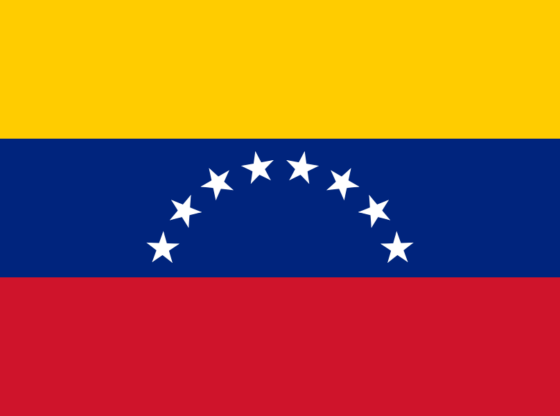The following is a Letter to the Editor for the Opinions section.
As an associate teaching professor at DU, I must speak out about the university’s decision to remain invested in fossil fuels. No matter how the trustees justify the decision, it reveals no regard for our students’ future and raises questions about the depth of commitment on issues the university claims to support. To regain credibility, DU must divest from fossil fuels.
With the passing of another Earth Day, I am aware that silence is complicit and oppose the decision in solidarity with students.
Adding my voice is the least I can do. Even if my voice is unheard, moral imperatives are not measured in decibels. There is no place for cost and benefit analysis either. The university must choose between justice and injustice. Phasing out fossil fuels is vital to address the climate emergency. Time is not on our side.
Refusing to divest does not promise a better future for our students. Requiring students to pay over $57,000 a year in tuition is more than a business transaction. Recruitment includes an enviable student-to-faculty ratio, a highly regarded study abroad program and other opportunities that boldly advertise the purported value of a DU education.
By boasting about a 90% employment rate two years after graduation, the university signals that a DU education provides a leg up to alumni. It is a shameful sleight of hand to promise students a bright future while it is being sabotaged by an industry that DU refuses to divest from.
The trustees claim that divesting would “stigmatize” the fossil fuel industry, tainting its reputation and harming the few graduates choosing to work in it. This is the supposed moral argument and a stunning dismissal of the facts. Stigmatization means deserving of disgrace, and this language is typically only applicable to marginalized groups. Do fossil fuel companies deserve the designation? A review of the evidence is in order:
- In the 1960s, Shell’s internal documents warned of the health risks of air pollution. Yet Shell engaged in lobbying against clean air regulations. Particulate matter from burning fossil fuels caused 8.8 million extra deaths in 2015.
- 1 in 5 deaths worldwide is attributed to the burning of fossil fuels, while these companies lobbied against clean air.
- Oil and gas companies spent nearly $200 million per year to delay, control or block policies that tackle climate change.
- For decades, fossil fuel companies purposefully deceived the public about the causes of climate breakdown.
- The industry succeeded in preventing governments from adopting measures that were thought to be detrimental to profits.
- Global temperatures climbed due to increasing CO2 emissions.
- Coral bleaching, species collapse, and wildfires correlate with climate breakdown and threaten livelihoods and the planet’s future.
The facts are irrefutable; the industry has earned disgrace and deserves condemnation.
Faced with a mountain of proof, why is DU adamant about supporting this industry? DU claims the investments from fossil fuels help fund its endowment, which is used for financial assistance to economically disadvantaged students. This is a weak argument since there are better alternatives, according to the majority of investment advisors.
Many courses focus on social injustice, human rights and climate justice. The university shows support for sustainability by installing solar panels on buildings and taking steps to lower energy consumption on campus. However, until DU divests from fossil fuels, all of these initiatives can simply be dismissed as “greenwashing.”
If DU IMPACT 2025 is to have any credibility, then the university must denounce the fossil fuel industry for the injustices afflicting poor and oppressed communities worldwide. Failing to do so questions the sincerity of the DU IMPACT 2025 message as well as the credibility of DU. Without divestment, claiming DU is “a private university doing the public good” raises the question: whose public good is DU referring to?
It is time to divest.
Robert Uttaro, MA, PhD
Josef Korbel School of International Studies












